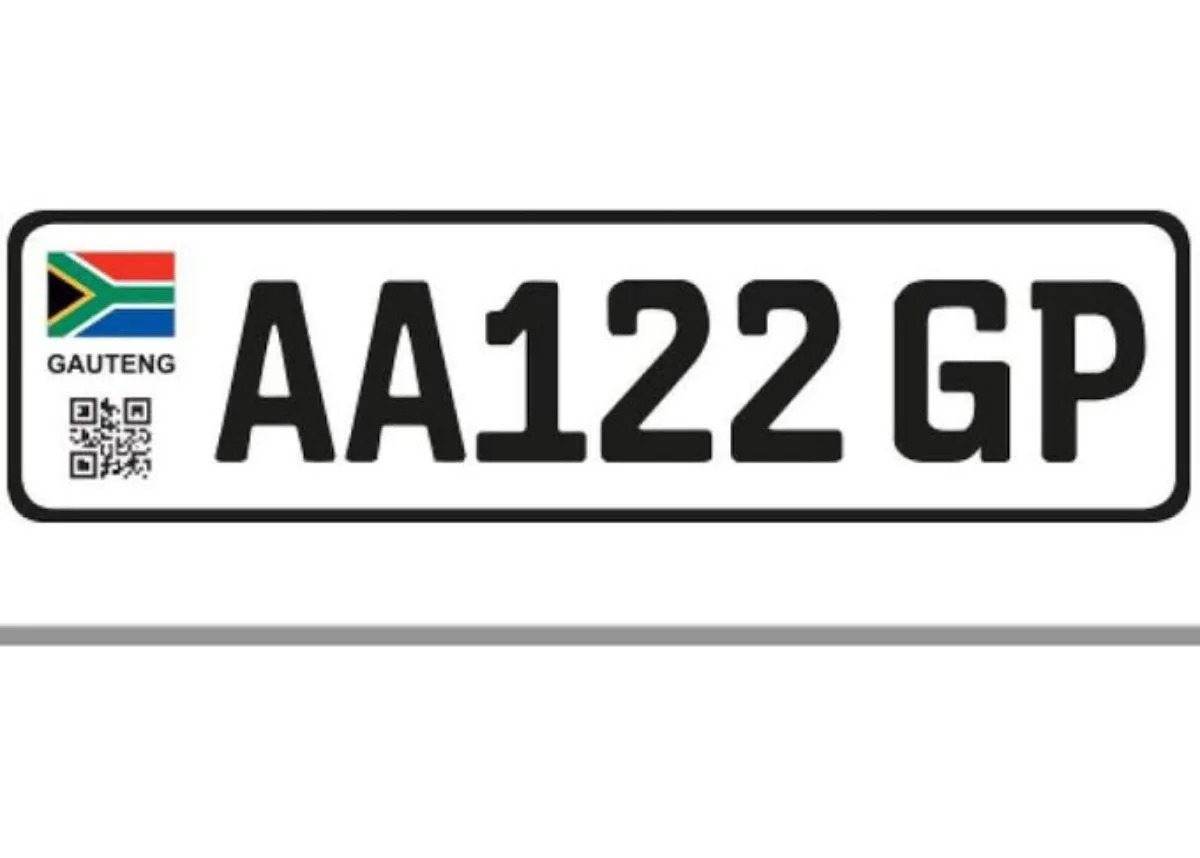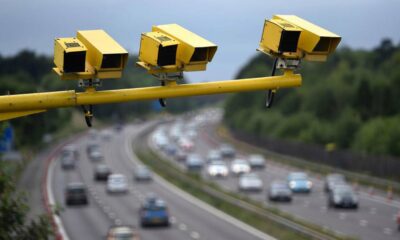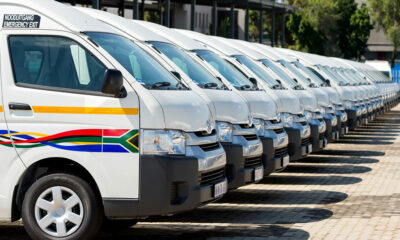Best of Johannesburg
Gauteng’s New Number Plate Rules: Myths vs Facts in 2025

Gauteng’s New Number Plates: What’s Really Changing in 2025?
If you’re driving around Joburg, chances are you’ve heard the buzz: Gauteng is introducing new number plates. But between WhatsApp forwards, social media rumours, and half-read headlines, it’s easy to get the wrong idea.
No, you don’t need to rush to change your plates within 30 days. And no, this isn’t just a cosmetic facelift.
This is one of the biggest vehicle registration overhauls Gauteng has seen in years – and it’s all about safety, technology, and fighting crime. Here’s what’s really happening, and what it means for you.
Also read: Load Shedding Gadgets Johannesburg Homes Rely On in 2025
Why Gauteng Is Updating Its Number Plates
The current number plate system is almost out of usable combinations. Gauteng is growing fast, and the old format just can’t keep up.
But there’s more to it. Car cloning, theft, and fraudulent registrations have become a serious problem. Criminals can easily duplicate plates, making it tough for police to track vehicles involved in crimes – from hijackings to cash-in-transit robberies.
In response, the Gauteng Department of Roads and Transport, led by Premier Panyaza Lesufi, has launched a new high-security, tamper-proof number plate system. It’s part of a wider push to modernise the province’s transport infrastructure and clamp down on vehicle-related crime.
What Makes the New Plates Different?
These aren’t your average aluminium rectangles. Here’s what sets them apart:
-
Tamper-evident decals: If someone tries to fiddle with the plate, the decal “self-destructs,” making tampering obvious.
-
Forensic QR codes: Each plate carries a unique QR code linked to a secure, cloud-based database with vehicle and owner details.
-
Digital twin system: Every plate has a digital record tracking its journey from manufacture to installation, accessible to authorities in real time.
-
New look: The familiar Gauteng coat of arms and blue script are replaced by a sleek black-and-white design. Diplomatic, military, and government vehicles have distinct variations. All plates display the South African flag and UN country code, aligning Gauteng with international standards.
Busting the Biggest Myths
With such a big change, misinformation is inevitable. Let’s clear up the biggest myths:
❌ Myth: You must replace your plates within 30 days if you live in Gauteng.
✅ Fact: No such rule exists. This misunderstanding likely comes from misreading existing registration laws.
❌ Myth: The new system only affects new vehicles.
✅ Fact: Eventually, all vehicles will transition to the new plates. The rollout starts with government vehicles and will expand in phases – no hard deadline yet, but it’s coming.
❌ Myth: The new plates are just for show.
✅ Fact: The upgrade focuses on security, traceability, and enforcement. It’s designed to help police combat theft, fraud, and cloning – not just to look good.
❌ Myth: The new plates will be free or extremely expensive.
✅ Fact: There will be a cost, expected to be higher than the current R200, but the government aims to keep it affordable. Support for new embossing businesses is in place to encourage competition and fair pricing.
❌ Myth: The new system will instantly stop vehicle crime.
✅ Fact: It’s no silver bullet. While the tech makes cloning harder, success depends on consistent, transparent enforcement – something watchdog groups like OUTA have emphasised.

Image 1: National Health Executive
How People Are Reacting
Reactions across Gauteng are mixed. Many welcome the tech upgrade, hoping it finally ends the headache of cloned plates and fraudulent fines. Others, especially fleet operators, worry about the cost of replacing dozens or hundreds of plates.
Some businesses have even hinted at registering vehicles outside Gauteng to avoid extra charges, raising concerns about potential revenue losses for the province.
There’s also talk about delays. The public rollout was initially expected in April 2024 but has been pushed back. As of mid-2025, only government fleet vehicles are part of the pilot. The wider rollout is anticipated later this year.
A Bigger Picture: Smart Tech Meets Safer Roads
Yes, changing your number plate is a hassle. But this isn’t just bureaucratic box-ticking. It’s a move toward a smarter, more secure transport system.
By creating a digital trail for every vehicle, Gauteng aims to reduce crime, speed up investigations, and build a cleaner, more modern registration ecosystem.
Small plates, big impact – from stopping syndicates to helping shape future traffic policies.
What Joburg Drivers Should Know
If you drive in Gauteng, here’s the bottom line: change is coming, but it won’t happen overnight. No need to panic about a sudden switch, but it’s wise to stay informed and prepare.
And when you hear dramatic claims online – pause and fact-check. The new system is high-tech, but the truth behind it is straightforward.
For now, keep your current plates legal and visible, avoid falling for social media myths, and when the time comes, use registered suppliers for your new plates.
This isn’t just about new plates – it’s about future-proofing Gauteng’s roads.
Also read: How to Read a Rand Water Alert (Before You Panic), Johannesburg 2025
Follow Joburg ETC on Facebook, Twitter , TikTok and Instagram
For more News in Johannesburg, visit joburgetc.com
Featured Image: SAPeople


























